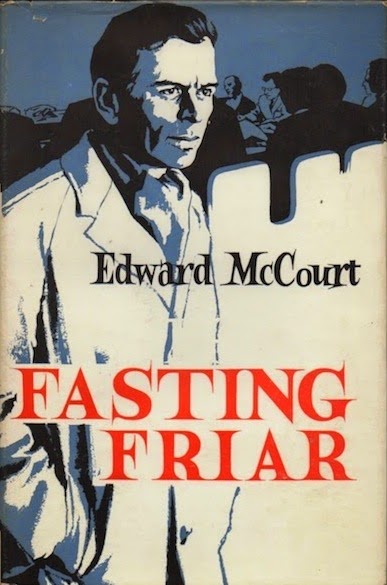The image is small, but the selection is huge. This full page advert from the 2 December 1914 Globe & Mail gives good idea of the books Canadians received during the first Christmas of "the Great European War". Mixed in with the expected - de luxe editions of Dickens, new fiction from popular novelist Alice Hegan Rice, cookbooks, Boy Scouts' books and hymn books (Anglican, Presbyterian and Methodist) – we find poetry by W.H. Drummond, Robert W. Service, Pauline Johnson, and Katherine Hale. There are also these "New Books by Distinguished Canadian Authors":
Arcadian Adventures with the Idle Rich - Stephen LeacockThe Leacock and Packard are recommended. I've not read the rest.
His Royal Happiness - Mrs. Everard Coates
The Patrol of the Sundance Trail - Ralph Connor
You Never Know Your Luck - Sir Gilbert Parker
The Miracle Man - Frank L. Packard
Hoof and Claw - Charles G.D. Roberts
Seeds of Pine - Janey Canuck
Recollections and Records of Toronto of Old - W.H. Pearson
 |
| (cliquez pour agrandir) |
Intent to Kill
Michael Bryan [pseud. Brian Moore]
New York: Dell, 1956
Brian Moore's sixth pulp, the third to be set in Montreal, proved riveting. It's a shame that these early titles have been kept out of print, but you have to admire the writer's estate for honouring his wishes.
The Iron Gates
Margaret Millar
New York: Dell, 1960
That The Iron Gates ranks as one of the year's best should come as no surprise – two years ago Millar took all three spots. "Arguably the most talented English-Canadian woman writer of her generation," I wrote in the Canadian Encyclopedia.
Fasting Friar
Edward McCourt
Toronto: McClelland & Stewart, 1963
Before finding Fasting Friar, I'd never thought much about McCourt – he once won Ryerson's All-Canada Prize, right? – but its subject, censorship, did attract. A flawed yet interesting novel featuring what may be the most reluctant protagonist I've ever met.
Given this year's slim pickings, I may as well mention the also rans: Grant Allen's The Devil's Die. and A Lot to Make Up For by the late John Buell. Used copies of the five are easily found for sale online.
Two books reviewed these past twelve are currently in print:
The first, Douglas Sanderson's Pure Sweet Hell (1957), is paired with Catch a Fallen Starlet (1960) in an edition available from Stark House Press. Both favourites, I rank them just beneath Hot Freeze and The Darker Traffic, the first two Mike Garfin novels, as the best things the man ever wrote. Stark House has no Canadian distributor, but books can be bought through the Stark House Press website.
I'm not so enthusiastic about Cherylyn Stacey's How Do You Spell Abducted? (1996), a slight, slim YA novel about an estranged father who runs off to the States with his three children. Michael Coren had a field day with this one, misrepresenting the book in the Financial Post and Books in Canada. Politician Julius Yankowsky (MLA, Edmonton Beverly-Belmont) got so riled up that he called for the thing to be banned. Buy it, if only to stick it to both men.
The year saw two books reviewed in previous years return to print; I was involved with both:
All Else is Folly
Peregrine Acland
Toronto: Dundurn, 2013
This 1929 novel of the Great War – by a veteran of the Great War – was praised by Ford Madox Ford, Bertrand Russell, Frank Harris and Robert Borden. This new edition, the first in over eight decades, features an Introduction by myself and James Calhoun.
The Long November
James Benson Nablo
Montreal: Véhicule, 2013
Featured on my 2010 list of books deserving a return to print, this 1946 novel received a good amount of attention in its day. Subsequent neglect can be explained – but only in part – by the author's early death. The new edition includes an Introduction by yours truly.
Go get 'em!
 |
| The Globe & Mail, 12 December 1914 |































